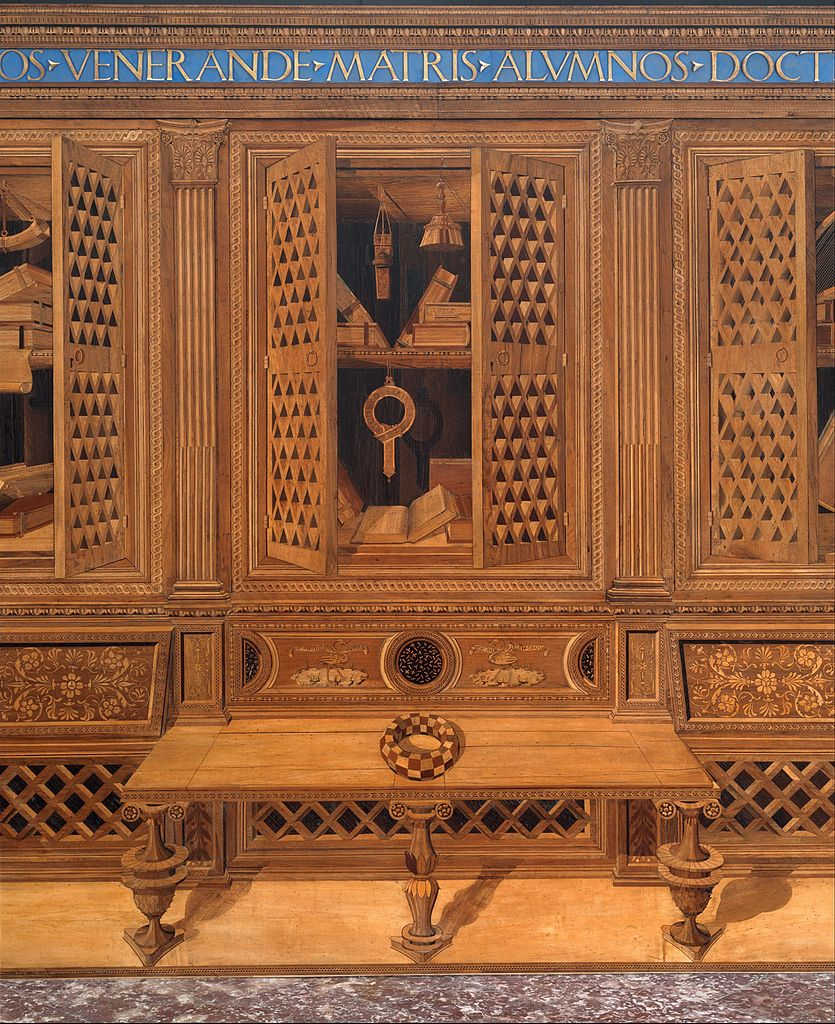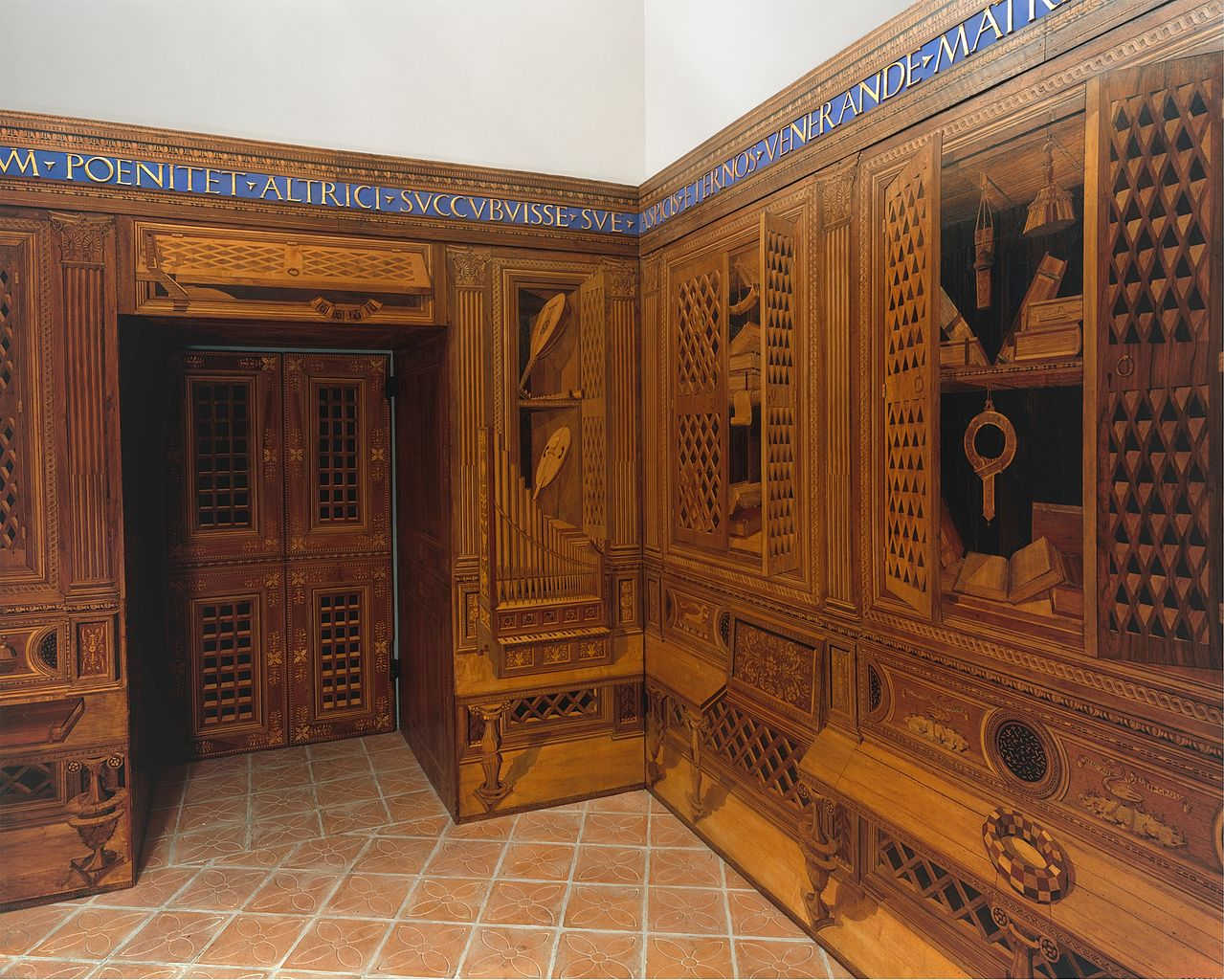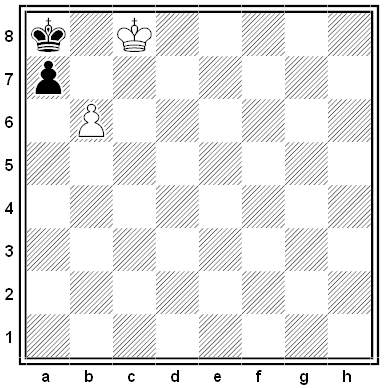“Talent is luck, what’s important in life is courage.” — Woody Allen
The Duchenne Smile

Darwin’s colleague Guillaume Duchenne first noticed the difference between smiles that are caused by enjoyment and those that aren’t. Both feature raised lip corners, but a genuine smile also activates the muscles around the eyes (lateral portions of the orbicularis oculi), causing “crow’s feet.”
This “Duchenne marker” is remarkably revealing. By observing it, researchers can predict whether an infant is being approached by its mother or by a stranger, and whether the infant’s mother is smiling at all. It also predicts when people who have lost their airline baggage began to feel less distress, how much a person enjoys being smiled at, whether a child has won or lost a game, and whether a person enjoys certain jokes and cartoons.
Beyond this, in clinical settings Duchenne smiles can predict a wide range of behaviors, including “whether a person will cope successfully with the death of his or her romantic partner; whether a person is an abusive caregiver; and whether a person is depressed, schizophrenic, recovering from an illness in general, or likely to respond successfully to psychotherapy.”
(From Mark G. Frank, “Thoughts, Feelings and Deception,” in Brooke Harrington, ed., Deception, 2009.)
Unrhymed Limericks
There was an old fellow called Hugger,
Who was captain and mate of a fishing smack;
When a yacht crossed his bows,
He said: “My word!
It’s an awfully good thing it wasn’t a liner.”
— Arnold Hyde
An American girl in Versailles
Said: “I feel so ashamed I could weep.
Ten days I’ve been here
And not gone to the Louvre.”
“Never mind,” said someone, “it’s possibly only the hard water.”
— Quoted in Anthony Burgess’ But Do Blondes Prefer Gentlemen?
There was a young lady of Ealing
Who walked up and down on the window;
And there, for a while,
To vary her technique,
She practiced strathspeying and hornpipes.
— Allen M. Laing
There was a young lady called Dawes,
Went out to a dance without gloves;
Her ma said: “Amelia!
Should anyone dance with you,
He’ll take you for one of them actresses.”
— Anonymous
A Bird Meme
In the early 1900s, blue tits and robins had easy access to cream from the tops of open milk bottles left on humans’ doorsteps. After World War I, the humans began to seal the bottle tops with aluminum foil. But remarkably, by the 1950s the entire blue tit population of the United Kingdom had learned pierce the foil to reach the cream, while the robins hadn’t.
The difference lay in cultural transmission: A blue tit can learn a new behavior by observing another bird performing it. Robins generally can’t do this — while an individual robin might learn to pierce the foil, it has no way to pass on this discovery to other robins. Young blue tits are reared in flocks in which they can observe one another, which is an advantage; robins are territorial and have fewer such opportunities.
Red or Black
Six sheets are set out in a room. Each identifies a different date in the same month. Weekdays are printed in black and Sundays in red. Six people will enter the room, one by one. Before the first one enters, one sheet is turned face down. Candidate 1 is then asked if she can deduce the color of the inverted sheet by examining the other sheets. Her answer, yes or no, is written on the back of the inverted sheet, followed by her number, 1. When 1 departs, a second sheet is turned face down. Candidate 2 enters and is asked whether she can deduce the color of the second sheet by considering her predecessor’s answer and the four face-up sheets. Her answer is noted in its turn, and this process continues — when the sixth candidate enters, she sees six face-down sheets, the first five of which bear the answers of the first five candidates. If all five of these answers are no, can Candidate 6 answer yes?
Surface Matters
Created by Giuliano da Maiano in the 15th century, the walls of the studiolo from the ducal palace in Gubbio, Italy, feature elaborate trompe-l’œil illusions. The wall shown above is flat — the images of the bench, the open cabinets, their contents, and even the shadows are all meticulously fashioned from inlaid walnut (see below).
The perspective is carefully arranged, with a consistent horizon line and vanishing points. The illusion works best for a viewer 1.68 meters tall standing at a prescribed point along the entrance of the window niche. “When the studiolo’s doors were closed and the main window was covered by a pair of now-lost shutters, the viewer would have been surrounded by an illusionary but convincing space based on four converging perspectives.”
(From Olga Raggio, Federic da Montefeltro’s Palace at Gubbio and Its Studiolo, 1999.)
Podcast Episode 215: The Lieutenant Nun
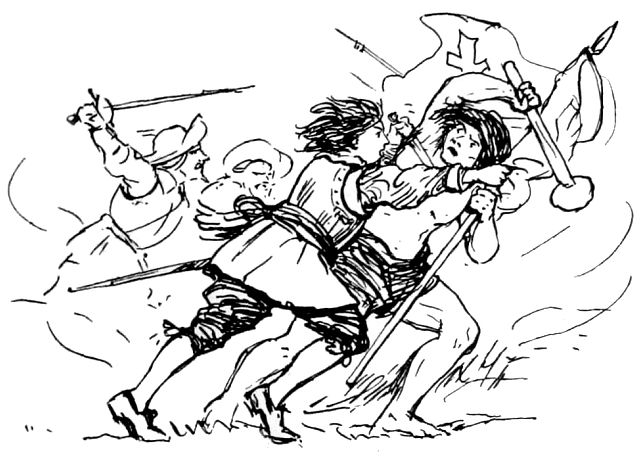
In 1607, a 15-year-old girl fled her convent in the Basque country, dressed herself as a man, and set out on a series of unlikely adventures across Europe. In time she would distinguish herself fighting as a soldier in Spain’s wars of conquest in the New World. In this week’s episode of the Futility Closet podcast we’ll tell the story of Catalina de Erauso, the lieutenant nun of Renaissance Spain.
We’ll also hunt for some wallabies and puzzle over a quiet cat.
Black and White
On the Quiet
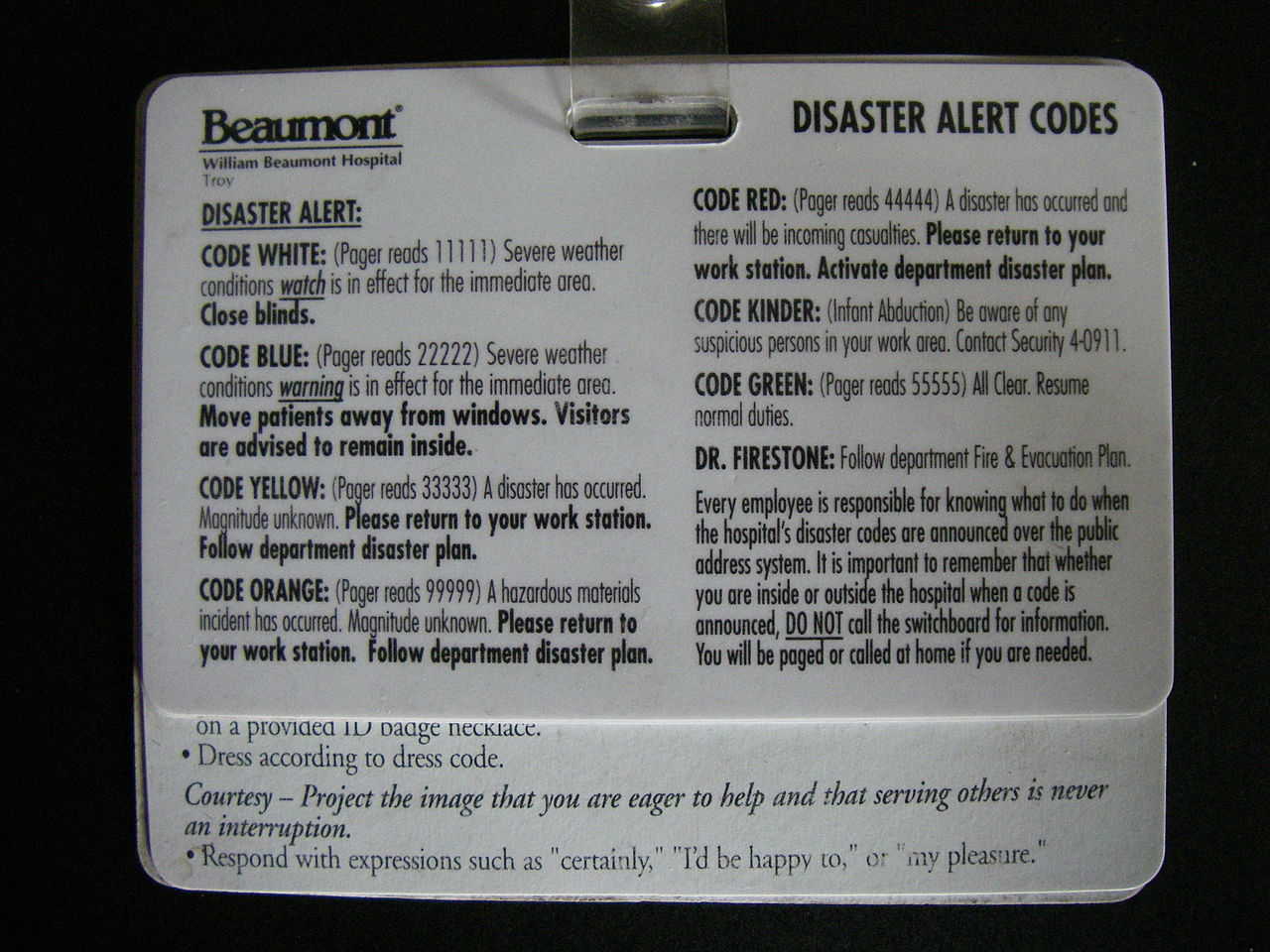
To avoid alarming their visitors, hospitals typically alert their staff to emergency situations by announcing “codes” over the public address system. Alberta uses these:
Code Red: Fire
Code Blue: Cardiac arrest/medical emergency
Code Orange: Mass casualty incident
Code Green: Evacuation
Code Yellow: Missing patient
Code Black: Bomb threat/suspicious package
Code White: Violence/aggression
Code Brown: Chemical spill/hazardous material
Code Grey: Shelter in place/air exclusion
Code Purple: Hostage situation
These haven’t been standardized; a few other systems are listed here. One common variation is “Paging Dr. Red” or “Paging Dr. Firestone” to alert staff of a fire. Sometimes “Code Clear” is announced when the emergency has been dealt with.
For similar reasons, airlines refer to dead bodies as “Jim Wilson.” American Airlines’ help desk for funeral homes is called the American Airlines Jim Wilson Service.
Self-Help
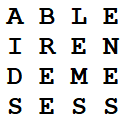
REMEDIABLENESSES, written in a spiral, produces a 4 × 4 word square all of whose entries appear in the Oxford English Dictionary.
IREN is a variant of iron, a DEME is an arbiter or ruler, a SESS is an assessment, the BREE is the eyelid, LEMS are lunar excursion modules, and ENES is an archaic form of once.
(Jeff Grant, “Some of My Favorite Squares,” Word Ways 40:2 [May 2007], 96-102.)

